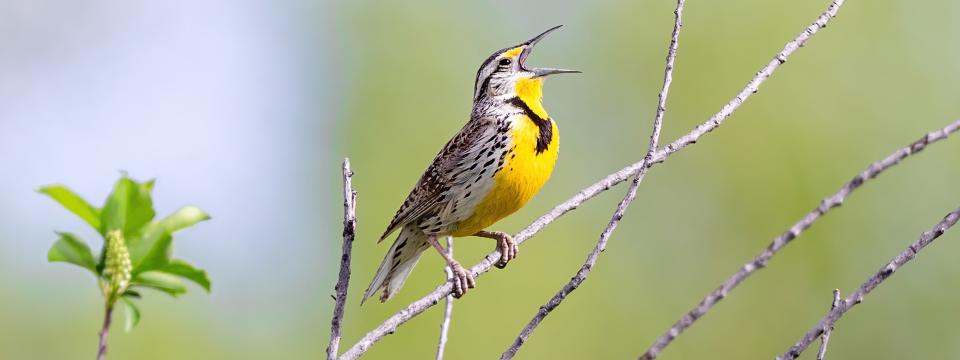The goal of CASP is fourfold: (1) capacity building of conceptual, theoretical, and empirical resources to facilitate new research configurations and strategies that advance inquiry distinctly; (2) community formation and sustenance to nurture an ever-increasing group of scholars pursuing these themes through a variety of methods and mechanisms; (3) synergy across different research projects and disciplinary approaches to capitalize on researchers who are unaware of or not connected with others working on the core ideas reflected in the Science of Purpose initiative; and (4) visibility, to raise the profile of these researchers and their projects to a wider audience, both within and outside academia, and ultimately to the general public.
In support of these goals, we post news here about consortium members' work and accolades as well as consortium-led opportunities for involvement in meetings, workshops, essay contests, collaborations, and more.
If you have a news item you would like to share here, please email Keely.

